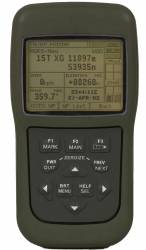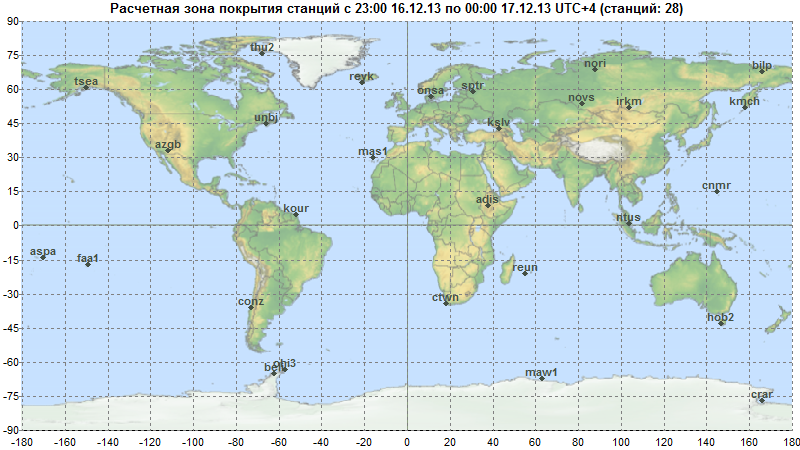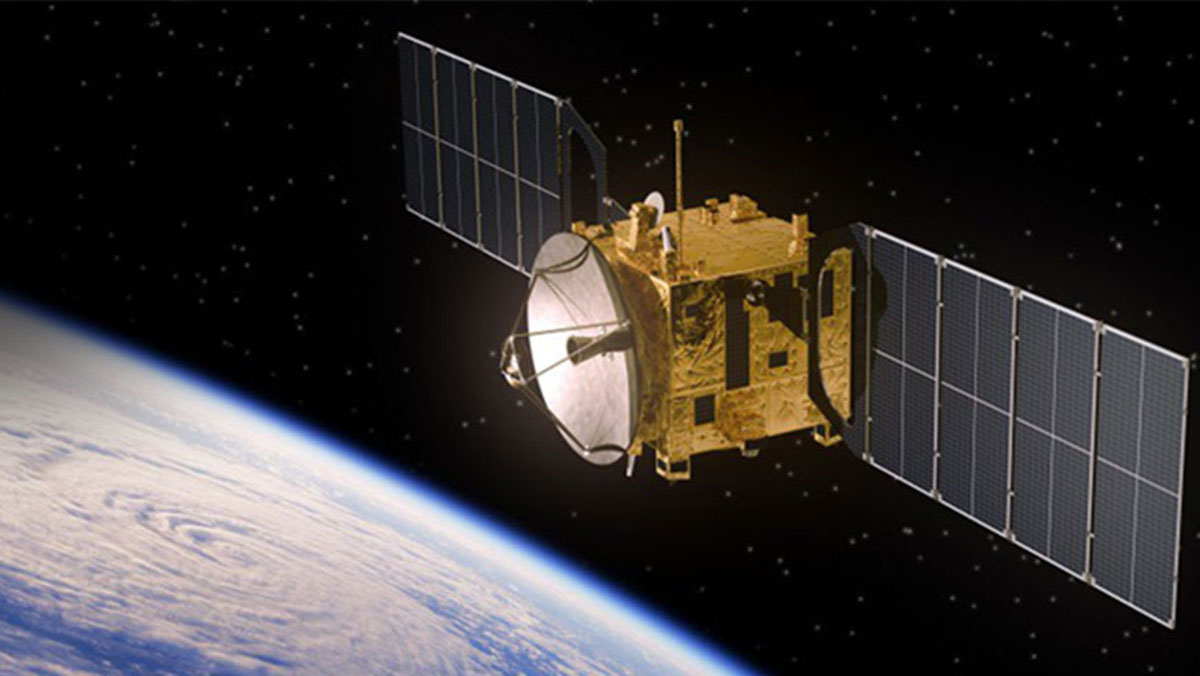 Rockwell Collins DAGR. From Wikimedia Commons
Rockwell Collins DAGR. From Wikimedia CommonsThe GPS Directorate wants industry to more quickly develop innovative user equipment that integrates both the modernized GPS signals and signals from international constellations like Galileo.
“In the future,” said the organization’s new director, Col. Steve Whitney, “it’s going to be important that our industry partners and the Directorate investigate ways to pull in these new signals — and that includes some of the non-GPS signals — into our user equipment.”
The GPS Directorate wants industry to more quickly develop innovative user equipment that integrates both the modernized GPS signals and signals from international constellations like Galileo.
“In the future,” said the organization’s new director, Col. Steve Whitney, “it’s going to be important that our industry partners and the Directorate investigate ways to pull in these new signals — and that includes some of the non-GPS signals — into our user equipment.”
Whitney’s interest in incorporating more GNSS signals comes from his experience as senior materiel leader in the Directorate’s User Equipment Division where he worked with the military’s largest Foreign Military Sales (FMS) program.
“We have over 57 partner nations that buy GPS user equipment,” Whitney told Inside GNSS, “and so we have lots of discussions with them about that. That’s really where I think the international engagement in terms of incorporating new signals comes in.”
Some of those discussions likely take place in an 11-nation research development test and evaluation (RDT&E) group formed by the United States and its allies. The group, said Michael Sanjume, deputy chief of the User Equipment Division, works together on advanced technology positioning, navigation, and timing (PNT) applications.
“One of the exploratory project arrangements is looking at the feasibility of open signal GNSS receivers,” Sanjume told Inside GNSS. They are “looking at the possibilities of how we could do it, what level of integration it would be done at —things like that,” he said, although Sanjume stressed that any new application would not appear until later generations of Military GPS User Equipment (MGUE).
Whitney said it made sense to incorporate non-GPS signals. “I don’t see why we shouldn’t go that way and couldn’t go that way,” he said. “I think that’s the smart way to go about it. I think that in the future, though, it’s not necessarily going to be something where the government mandates how to do things. The government is going to turn to industry and ask for their best and brightest solutions. That’s kind of what we’re trying to establish in the commercial market strategy in MGUE.”
Industry Option
That approach, which aims to increase competition within the MGUE program, has been under development for some time.
“Rather than go through complicated contract competition and then downselect to a few vendors, the Directorate is going to establish criteria for MGUE security certification, cryptography, and signal protection and compatibility,” said Whitney, and then leave it industry to do the integration. He said there would be conversations with companies along the way to let them know what the directorate thinks is important.
“I have got the requirements, the specifics that have to be delivered — but we can also talk to them about ‘Hey, these type of areas should be looked at, and you should find a way to do that.’ I think you’ll find that industry, as we discovered in MGUE, is more than capable of responding on a faster timeframe than if we go through a formal program. That’s really the heart of that commercial market- based strategy —invigorating industry and getting them trained and going.”
The GPS Directorate took a concrete step in that direction when it posted a notice August 3 on the Fed Biz Ops website <fbo.gov> announcing an industry meeting on September 1–2. The meeting, about the development of a next-generation cryptographic processor for MGUE, was a directorate initiative specifically aimed at attracting more companies, including small businesses, to compete in the military GPS market.
Whitney said he believes competition has already inspired the MGUE program’s current contractors — Rockwell, L3/Interstate Electronics Corporation, and Raytheon — to begin working to integrate international signals into their devices. “I know from personal discussions all three of them have had talks about it,” he said.
Although he couldn’t say exactly what the current state of play was, “I know that they are making strategic partnerships in how they go about doing that”
“This is now going to be about market share,” Whitney told Inside GNSS. “You’re trying to bring the industry forces to bear. And that’s really what it is. They’re trying to become the first one to get there with the greatest





